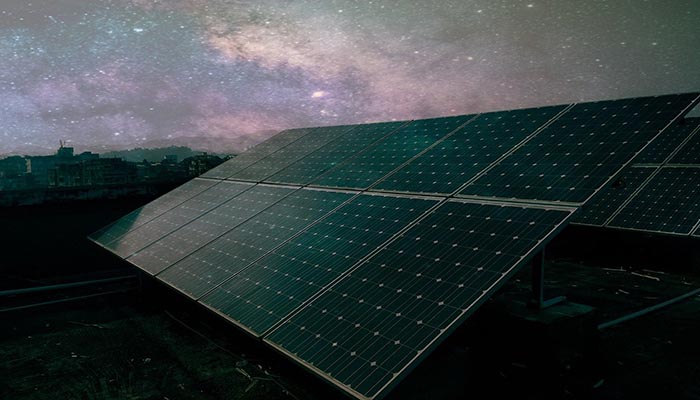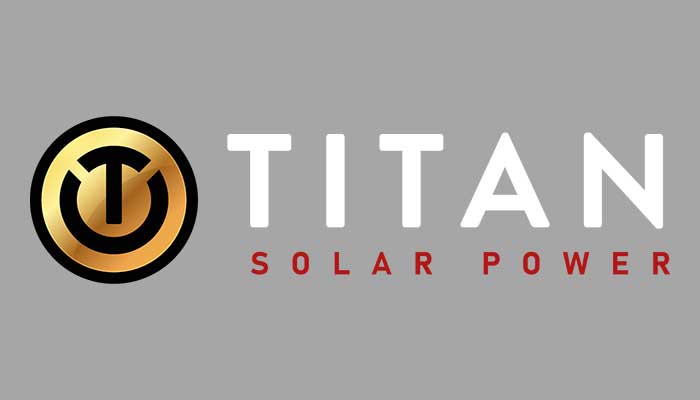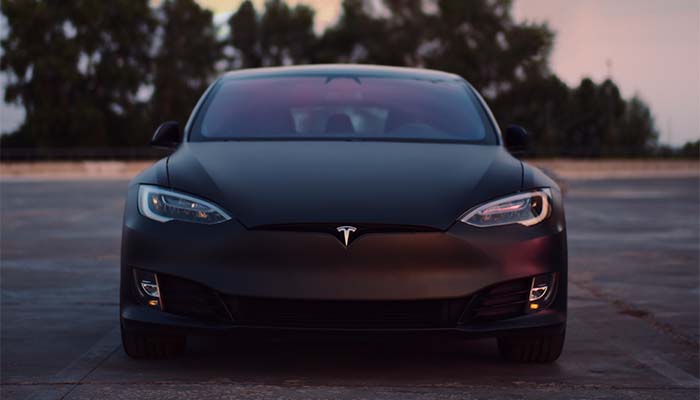
Updated December 19, 2021
The short answer is no, solar panels do not work at night. It’s not possible for solar panels to generate electricity without a source of light. Fortunately, solar panels generally produce enough energy during the day to last throughout the night. With the help of solar battery storage and net metering, running out of power at night is almost never an issue.
To understand why solar panels don’t work at night, it’s important to understand how solar panels generate electricity, to begin with. A baseline understanding of how solar panels work coupled with knowledge about solar battery storage and net metering will help you broaden your understanding of how homes and businesses powered by solar panels rarely run out of electricity at night.
How Do Solar Panels Work?
To put it simply, solar panels convert light into usable electricity. The usable light that is converted into electricity in this case is the sun. The sun is the most abundant source of energy on the planet with over 170,000 terawatts of solar energy striking the Earth at any given time. That is more than 10,000 times the planet’s total energy needs!
Sunlight travels as tiny packets of energy called photons. Photovoltaic cells solar cells, typically made of silicon, help convert the photon energy into usable electricity. When photons first hit a solar cell, electrons are knocked loose from their atom. Conductors within the solar panel form an electrical circuit which helps convey the loose atoms through the circuit, which in turn generates DC electricity.
Direct current (DC) electricity flows in a singular direction. To picture this, imagine how electricity powers a lightbulb. Electrons move from the negative side of the battery, pass through the lightbulb, and then return to the positive side of the battery.
Unfortunately, the energy grid that powers homes and businesses uses an alternating current (AC) flow of electricity. In an AC flow of electricity, electrons and pushed and pulled in both directions to satisfy the electrical demands of the grid. An AC grid was chosen primarily because it’s cheaper to transmit over long distances.
This is where a solar inverter comes into play. A solar inverter outside of the solar panel converts DC electricity into usable AC electricity. Inverters also provide ground fault protection and display voltage, current, and energy production statistics on a panel. Think of a solar inverter as the ‘brains’ of the operation.
So, in summary:
- Sunlight enters the Earth’s atmosphere
- Solar cells capture the sunlight and convert it to DC electricity
- A solar inverter turns DC electricity into usable AC electricity
What if There Isn’t Any Sunlight?
Without any sunlight, it is not possible for solar panels to generate electricity. The good news is that most solar systems are designed to generate more electricity during the day than what is needed. The excess electricity is stored safely for use during the night with the help of solar batteries. If there is not enough electricity generated during the day, then most homes and businesses can take advantage of net metering by getting electricity from elsewhere on the electrical grid.
Solar Batteries
Solar storage is crucial in powering a home or business with solar power throughout the night. In addition, they limit the amount of electricity that goes to waste on a day-to-day basis. Surplus power during the day is routed and stored in giant batteries that are designed specifically to store solar-generated electricity.
Much like a battery on your phone, the more it is used, the shorter its lifespan becomes. Modern solar batteries come with upwards of a 10-year performance warranty. Because of this limited lifespan, solar batteries are powered by ‘smart’ technology that charges and discharge depending on the utility rate that is the most economically valuable.
Net Metering
If a solar battery is completely depleted of its stored electricity, then net metering steps in to bring electricity back from the connected electrical grid. In most cases, electrical grids are powered by fossil fuels such as coal at large-scale power plants. Net metering ensures that a home will never be without electricity even when there is no sunshine.
On the other hand, net metering allows solar panel owners to discharge excess electricity back into the grid. The surplus electricity that is sent back to the grid will earn solar panel owners credits that can be cashed in for money, tax credits, or used towards an outstanding electrical bill.
Conclusion
Just because solar panels are incapable of generating electricity during the night doesn’t make them any less valuable. With the help of solar battery storage, excess solar energy produced during the day can be safely stored as night for use. Alternatively, if a solar battery is empty, then net metering ensures that a home or business never goes without electricity. Net metering can also benefit a solar panel owner by returning excess electricity back to the grid in exchange for solar credits.



